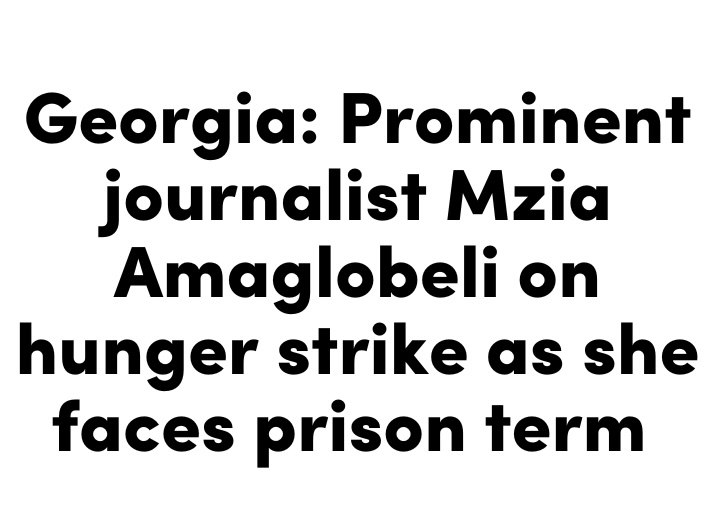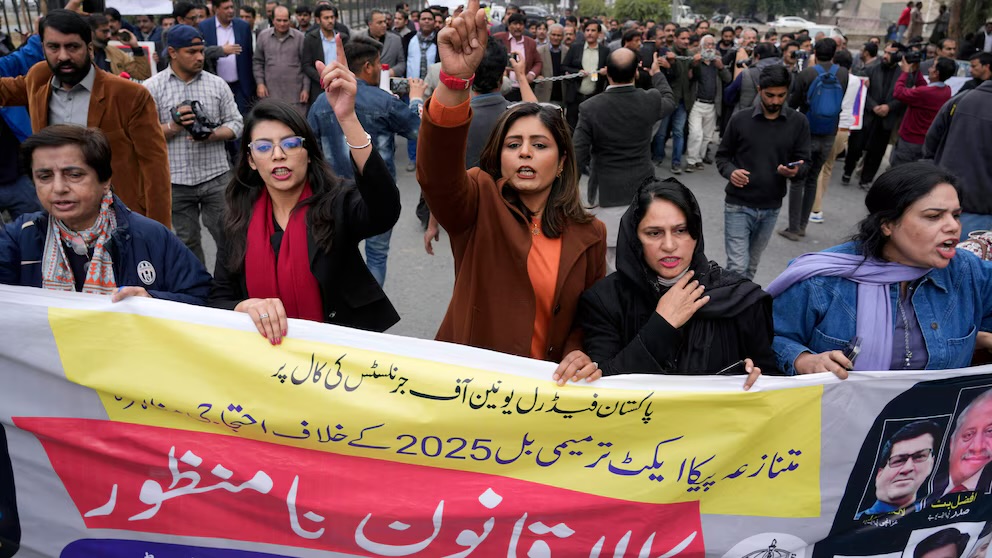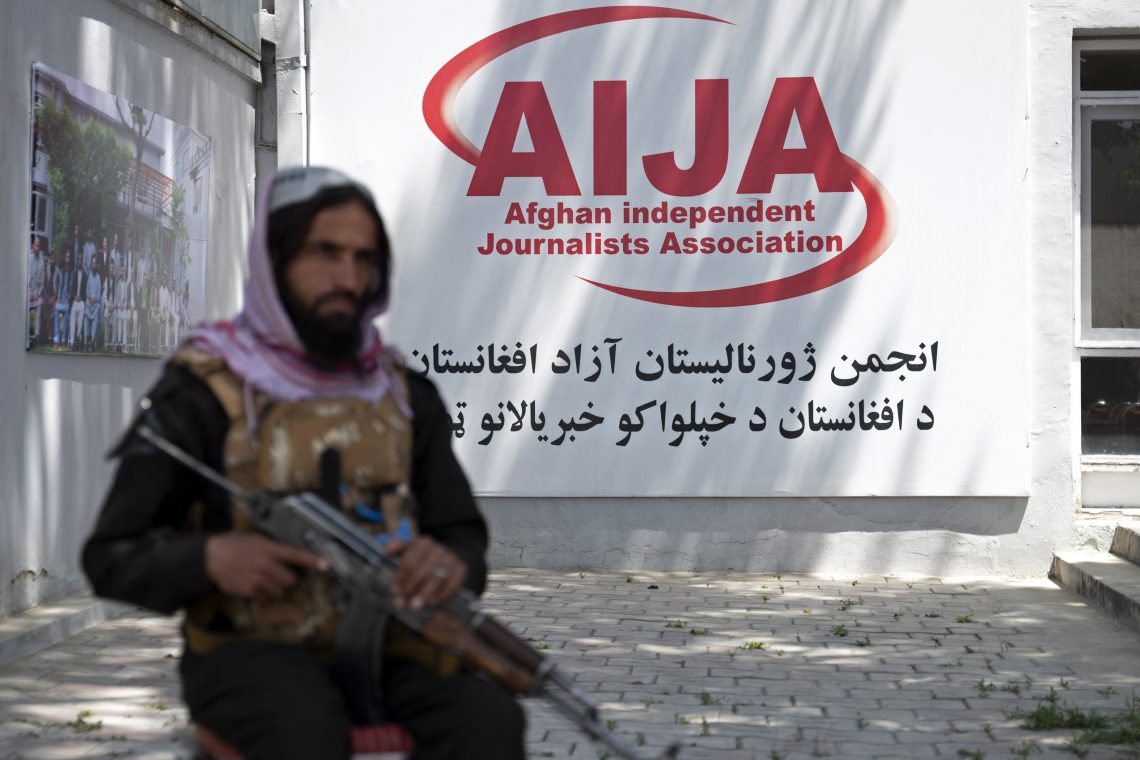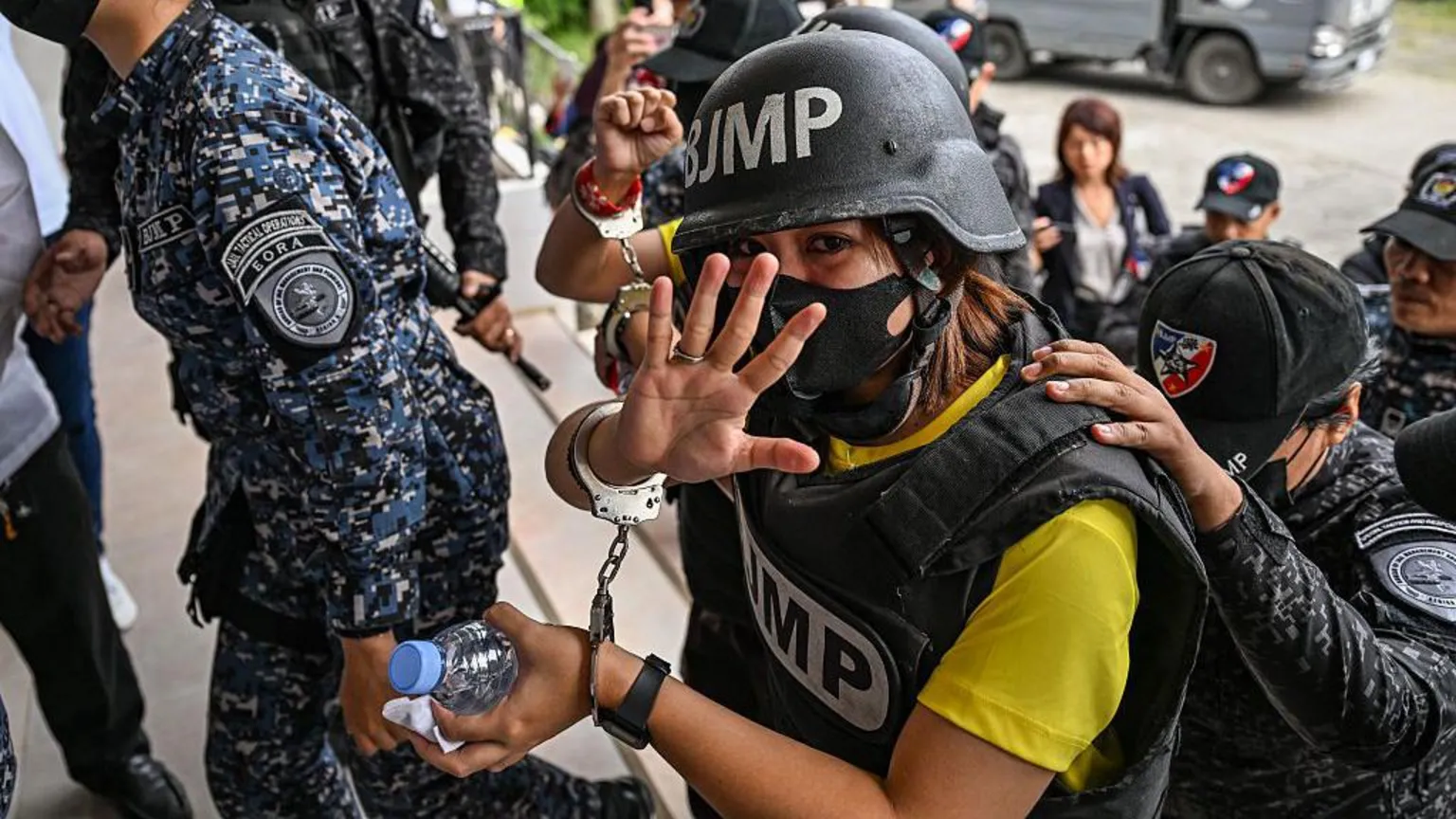
Swiss Authorities Deport Palestinian-American Journalist Ali Abunimah Following His Detention
January 28, 2025
Georgian Journalist Mzia Amaglobeli on Hunger Strike Amid Politically Charged Assault Charge
January 28, 2025January 28, 2025 – Pakistan –
Pakistan’s Senate passed controversial amendments on January 28, 2025, to the Prevention of Electronic Crimes Act (PECA), granting the government sweeping powers to regulate social media and criminalize the spread of “false news.” Under the new law, authorities can block content deemed offensive to institutions (judiciary, armed forces, parliament) or thought to incite disorder. Offenders may face up to three years in prison, fines as high as 2 million rupees (~US$ 7,200), and social media platforms could be blocked if they fail to comply.
The Senate’s approval followed its passage in the National Assembly despite a walkout by opposition leaders and journalists, many of whom argue the law is a deliberate attempt to stifle dissent and curb freedom of expression online. Opposition PTI leader Shibli Faraz denounced it as a “draconian” law aimed at silencing critics and vowed legal challenges in court.
Journalists responded with nationwide protests. The Pakistan Federal Union of Journalists (PFUJ) mobilized demonstrations in Islamabad, Karachi, Lahore, and other cities, condemning the law as a “direct attack on press freedom.” Sock-down measures accompanied protests: in Islamabad, police barred them from marching toward the Red Zone. Their message was clear: they will continue resisting until the bill is repealed.
The legislation also proposes establishing a Social Media Protection and Regulatory Authority tasked with monitoring platforms, ordering content removal, and overseeing investigations. Critics warn that this bureaucracy could become a tool for unchecked censorship under executive control.
International watchdogs chimed in: the Committee to Protect Journalists called the reforms “deeply concerning,” urging President Zardari to veto the amendments. Rights observers say the law’s broad scope allows misuse to target political opposition, activists, and independent journalists.
The backdrop to this crackdown includes Pakistan’s low press freedom ranking (152nd out of 180), a year-long block of platform X, and earlier efforts to limit traditional media. Critics argue the bill formalizes these repressive trends, endangering both digital rights and democratic discourse.
As the bill awaits the president’s signature, journalists are preparing legal challenges, while public demonstrations may escalate. The future of Pakistan’s online and broader media freedom hangs in the
Reference –




